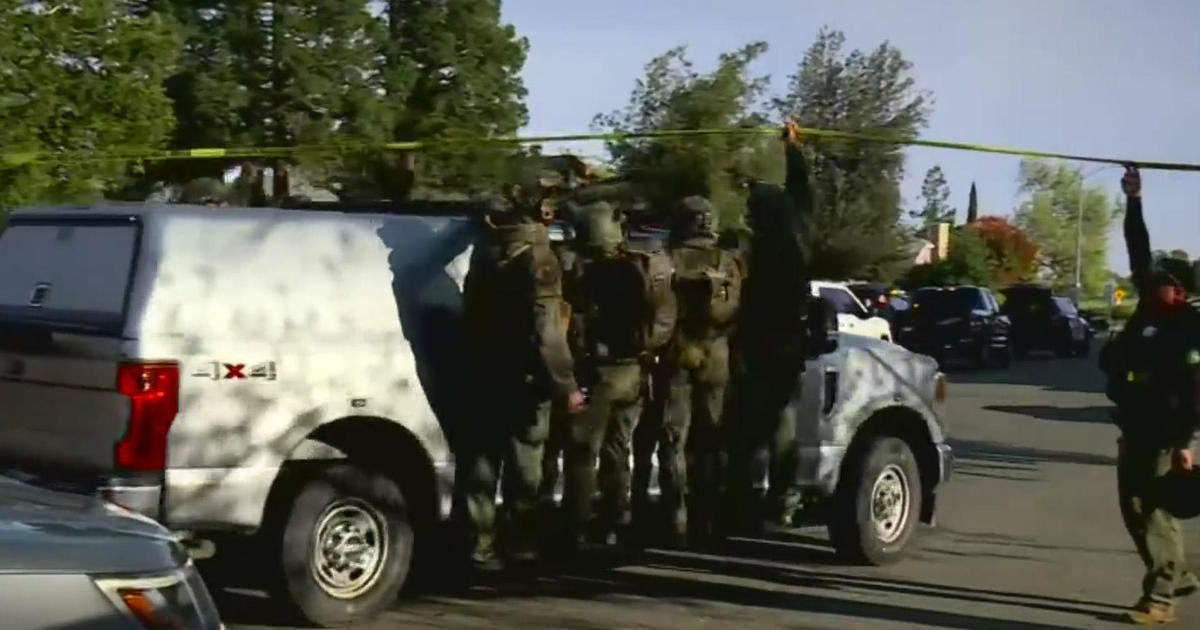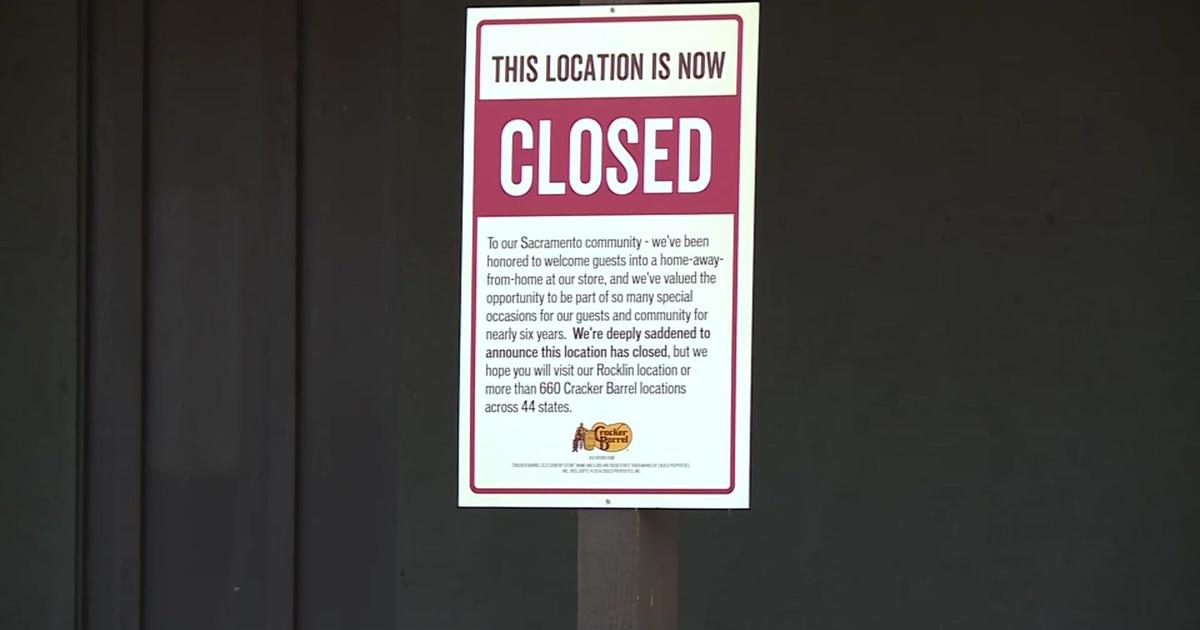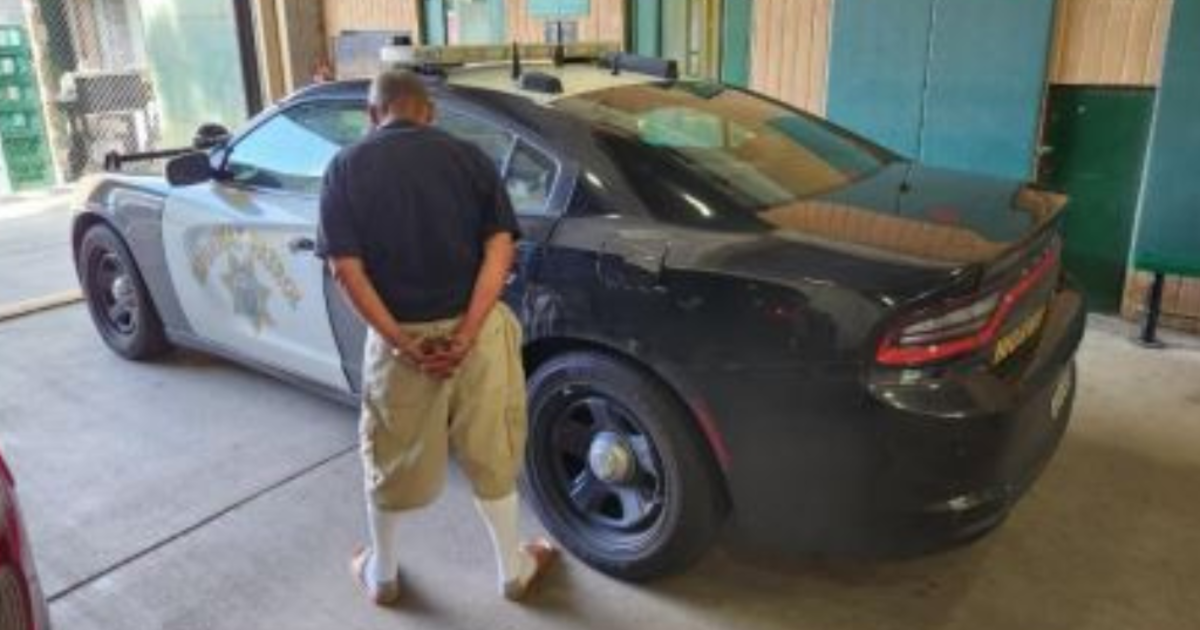Hawaii Missile Warning Scare Not Likely To Happen In California
SACRAMENTO (CBS13) — A false alarm sent out by Hawaii's Office of Emergency Management created chaos and panic for nearly 40 minutes.
"A missile may impact on land or sea within minutes. This is not a drill," sounded the message that aired on radio and tv sets.
The mistake rattled the millions of residents and guests. People ran for their lives, while others huddled in closets.
"For at least two hours afterwards, I was shaking. It was scary, very scary," said one resort guest.
According to Hawaiian authorities, a state employee clicked the wrong button, twice. It was supposed to be a drill, but he sounded the alarm for the real thing.
"It's embarrassing, but again. It's a mistake," said Hawaii Emergency Management Agency Administrator Vern Miyagi.
In California, more than one person is in charge of the emergency alert system.
"Multiple levels of safeguards and confirmation that information is accurate and that we're using appropriate systems," said Brad Alexander with the Office of Emergency Services
He says they use text messages, radio and TV signals and social media to reach the public during disasters, like the flooding and fires in southern California.
"We need to get that information out as broadly and as widely and as many avenues as possible," said Alexander.
The false alarm in the Aloha State may be a wakeup call to the majority of Californian's who are not ready for a disaster.
"Even the simplest things, folks may not be prepared for to respond in very short notice," Alexander explained.
Alexander says every family needs an action plan, including a list of who to contact, and a survival kit with food, water, and medication.
CalOES didn't comment on what to do in the case of a real ballistic nuclear threat. But experts with the Lawrence Livermore National Laboratory say the best thing to do is stay indoors. Find a central room or a basement. Do not go outside or get in your car.
They say to shelter in place for 12 to 24 hours in order to avoid coming into contact with any of the nuclear side effects.



